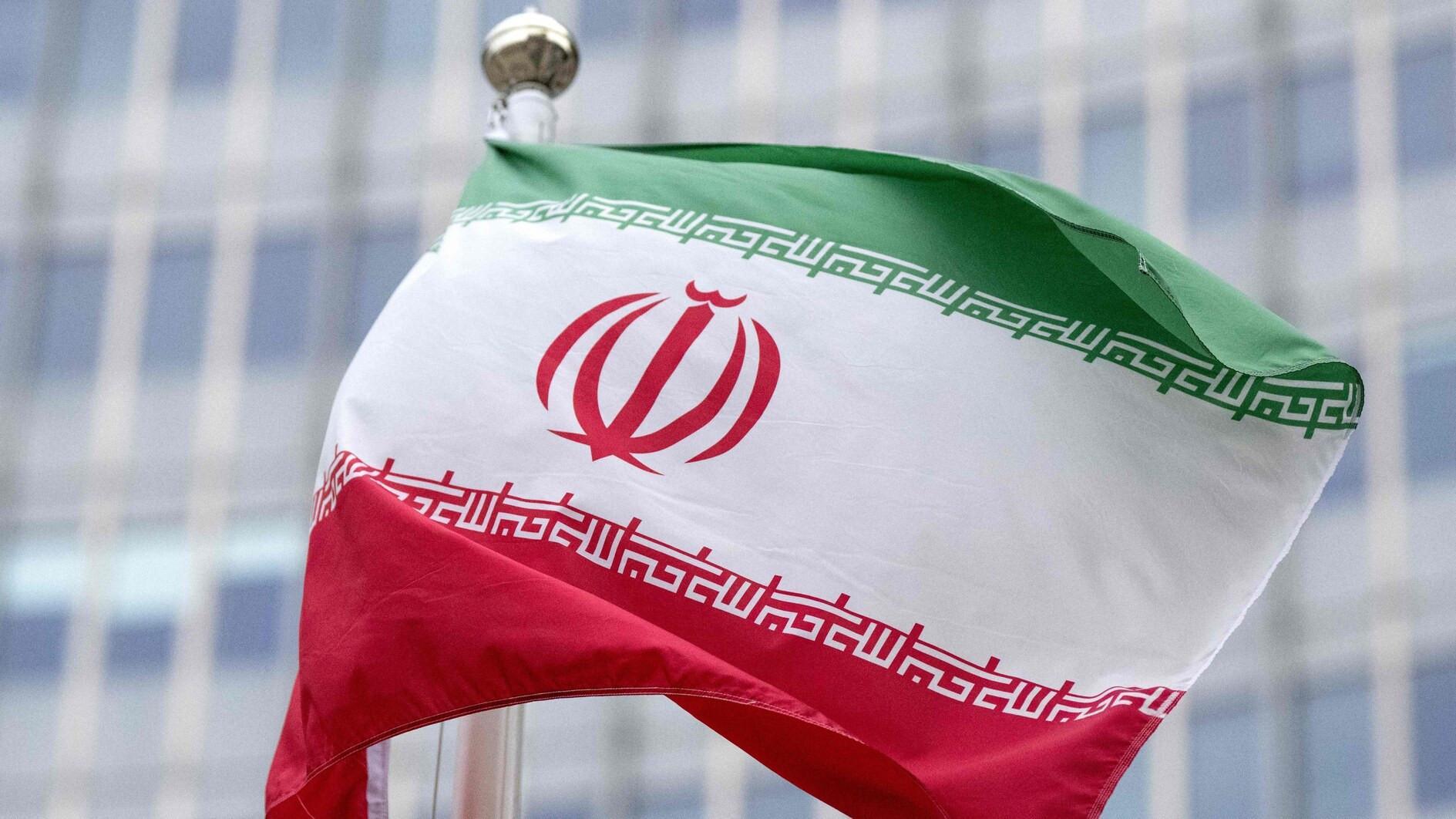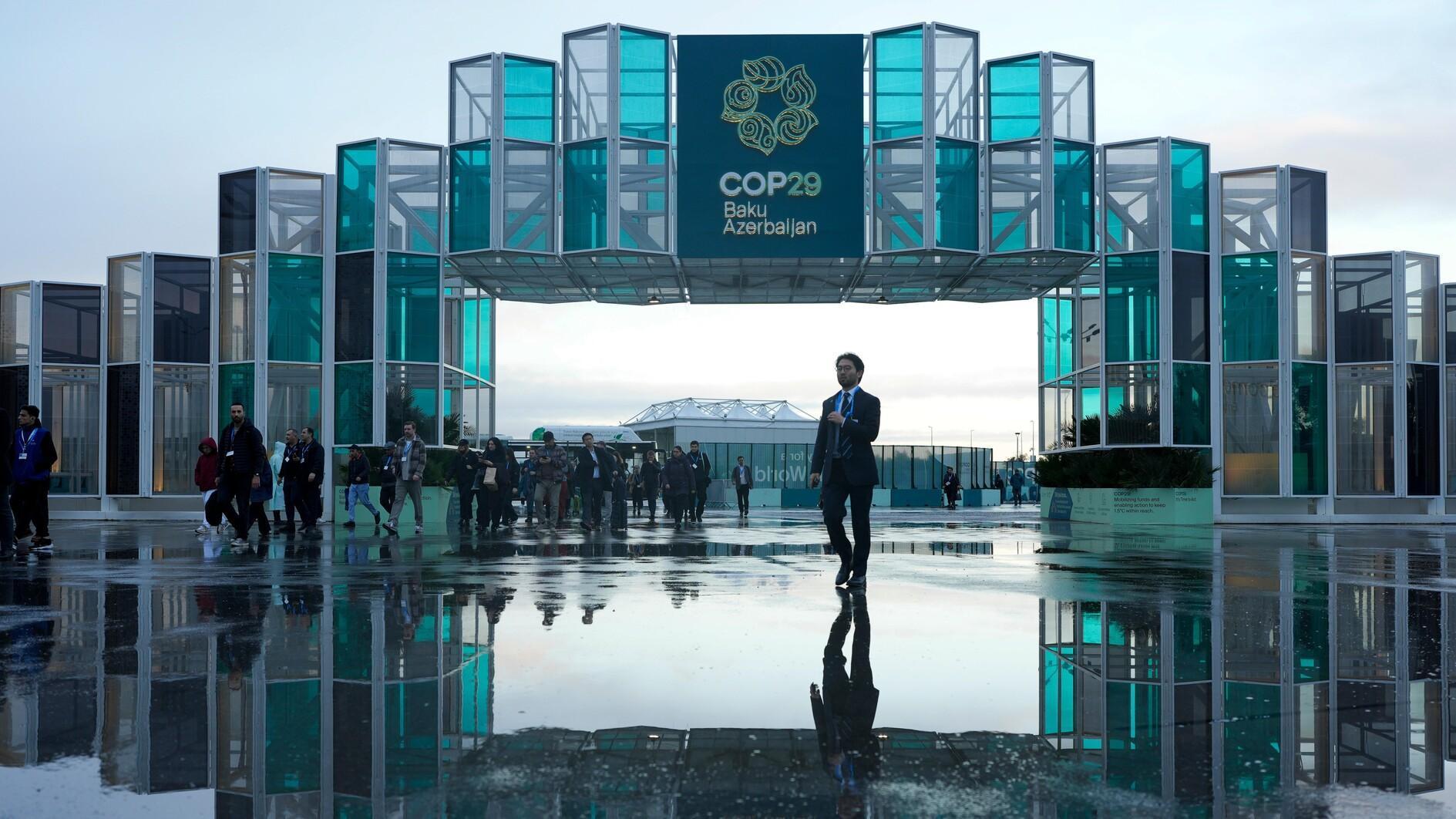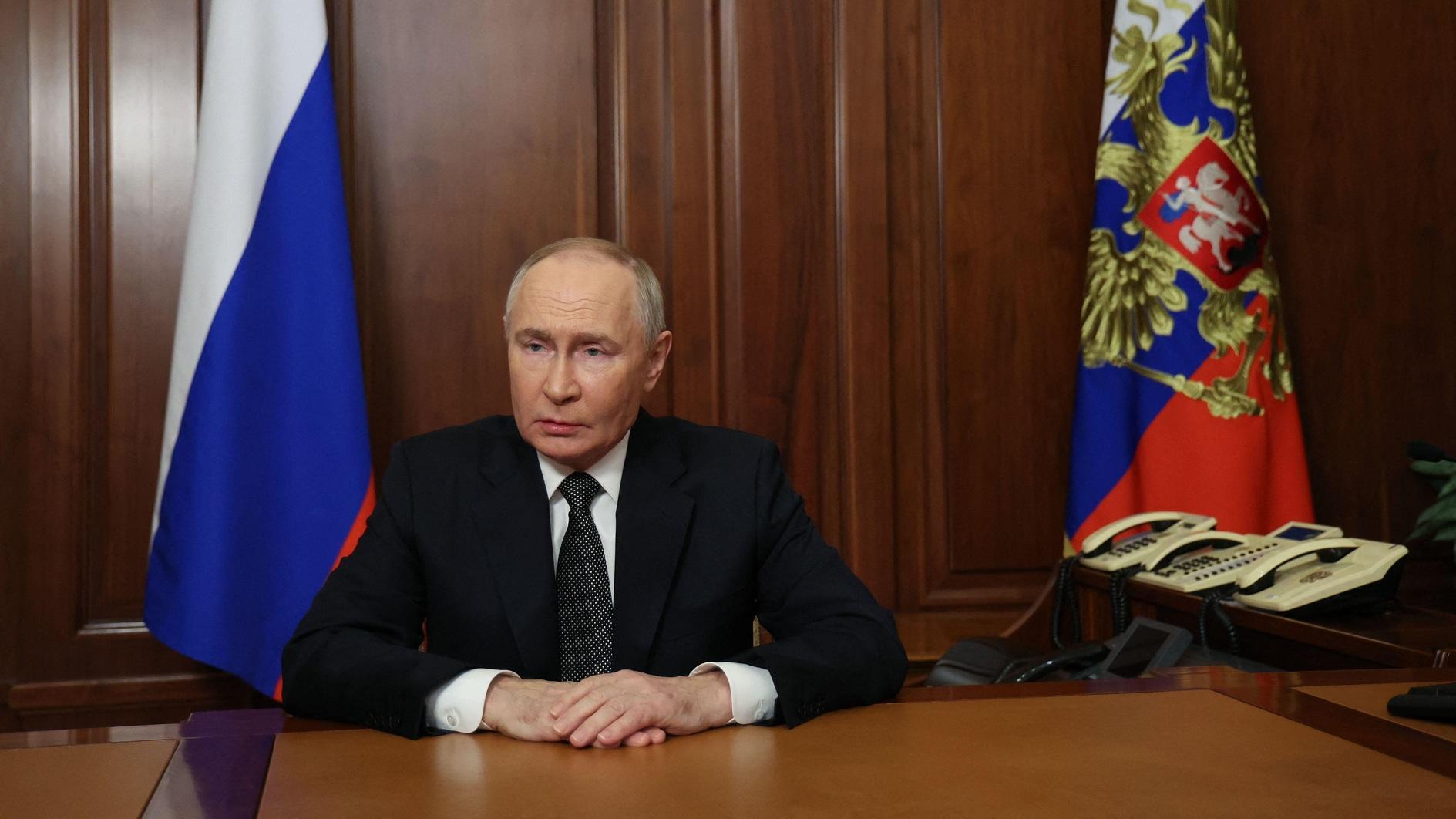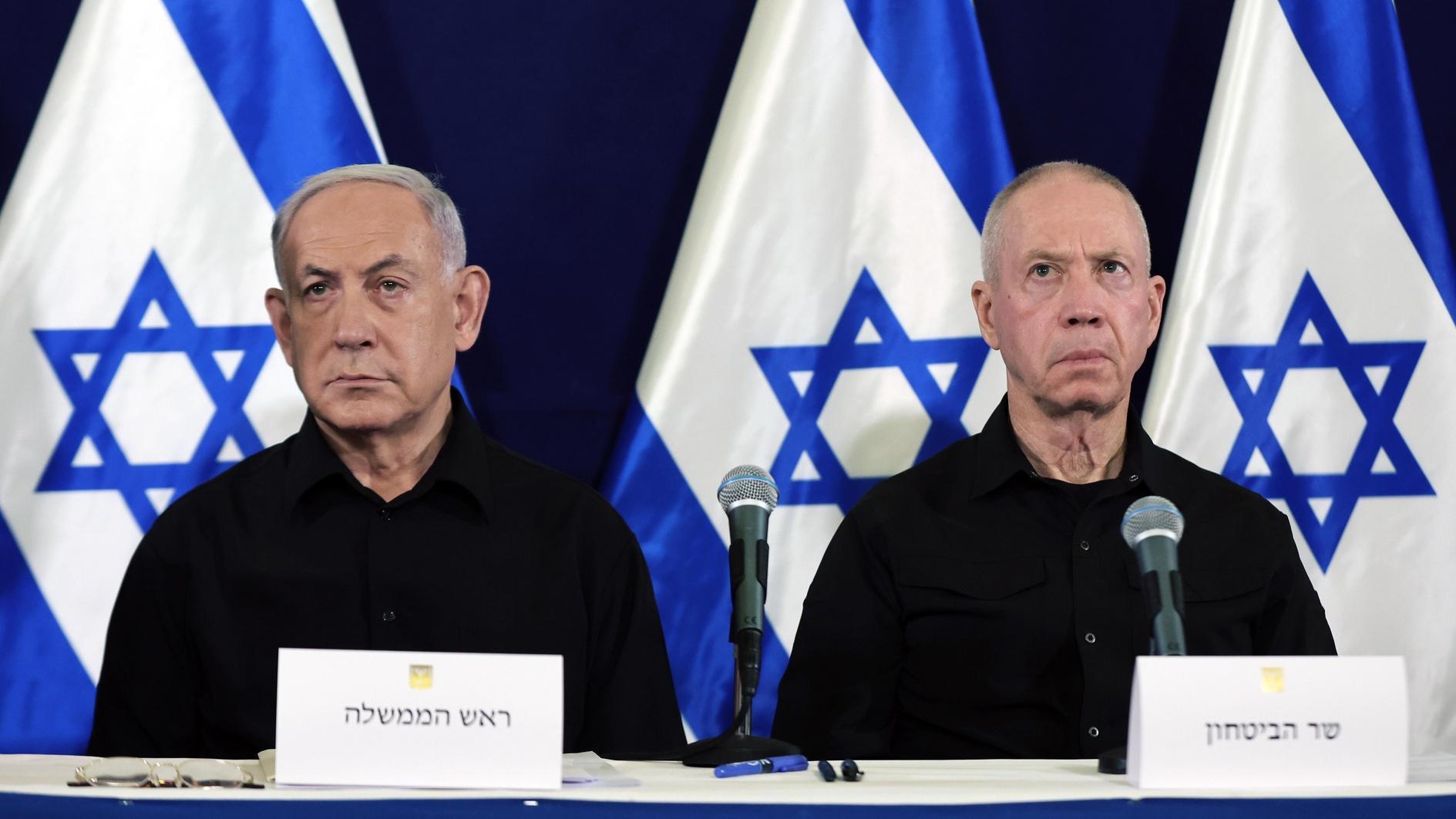US back to Cold War settings in Egypt, Syria
Prime Minister Tayyip Erdoğan is perhaps the most upset and worried political leader in the world, due to what has been happening in Syria and Egypt. That is not only because of humanitarian reasons, but also because of ideological and political reasons, with concerns about, “What if it happens here, too?”
That is why he is taking both cases as part of Turkish domestic policy and making maximum effort to nudge major players to intervene in the civil war in Syria and reverse the coup in Egypt. However, working hard for a goal does not yield results all the time. For example, after making a series of telephone calls with the leaders of the U.S., Russia, France and Germany in the first week of August, Erdoğan received a call from the United Nations Secretary General Ban Ki-moon on Aug. 9. This came as U.S. and EU diplomacy to put pressure on the interim Egypt government for the release of the ousted president Mohamed Morsi and find a political settlement to decrease the tension had been intensifying. Ban asked Erdoğan whether he could do anything to convince the Muslim Brotherhood to stop or gradually fade out the demonstrations against the coup. According to Turkish official sources, Erdoğan said Turkey would do its best, but Morsi should be released first, or at least in a simultaneous way, and the interim government should approve a seven-point action plan for normalization in Egypt. Neither the West, not Turkish, nor Arab efforts were ultimately successful, and the Egyptian police brutality against protesters on Aug. 14 left hundreds of bodies behind.
Erdoğan’s staff say he keeps on calling the leaders of U.N. member countries, from Pakistan to Indonesia, Brazil and South Africa, and this will continue up until the G-20 summit in St. Petersburg on Sept. 6. Then, he will seek bilateral contacts to raise not only the situation in Egypt but also the one in Syria, as new claims emerge that chemical weapons were used to kill more than a thousand civilians near the capital Damascus.
Recalling a former statement by the U.S., Turkish Foreign Minister Ahmet Davutoğlu said on Aug. 22 that a “red line” for the cautious American approach should be considered as having been violated, while President Abdullah Gül said on Aug. 23 that it was now time to "walk the walk" in Syria, since there was nothing left to say.
Almost at the same time as Gül’s statement on Friday, U.S. President Barack Obama called on Syria to let the U.N. inspectors do their job to see whether chemical weapons - sarin gas in particular - were used and by whom. However, Obama also said that even in a “grave” case it would not automatically lead to an American intervention in Syria, which has already preemptively been rejected by Syria’s major ally Russia. “The human and financial costs of the ongoing war in Afghanistan” have made him “cautious about moving forward too quickly,” Obama said. Meanwhile, U.S. Chief of Staff General Martin Dempsey had said a day earlier that it was not only about human and financial costs, (the latter being estimated at $1 billion per month), but also about political costs as well. He suspects that Syrian rebels will not support the U.S. either in opposition or in power.
One has to remember that Obama won the election for the first time while promising troop withdrawals from Afghanistan and Iraq. Both of the countries are in sectarian conflicts now, despite the “costs” that Obama was talking about. Keeping that promise helped him get elected the second time. We can add Libya on top of them, where the U.S. ambassador was violently murdered last year. The rise of political Islam and anti-American, anti-Western feelings in U.S.-supported Middle Eastern countries is evident.
Having already received strong responses from other major powers like Russia, China and the EU, Obama is not likely to send troops to Syria and stand openly against the coup government in Egypt, despite grave human rights violations there. Obama seems to be adopting the Cold War settings for U.S. policy, at least for the Greater Middle East, and that policy shift could lead to further shockwaves in the foreign and domestic politics of regional countries, including Turkey.











